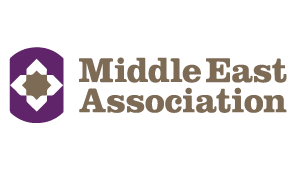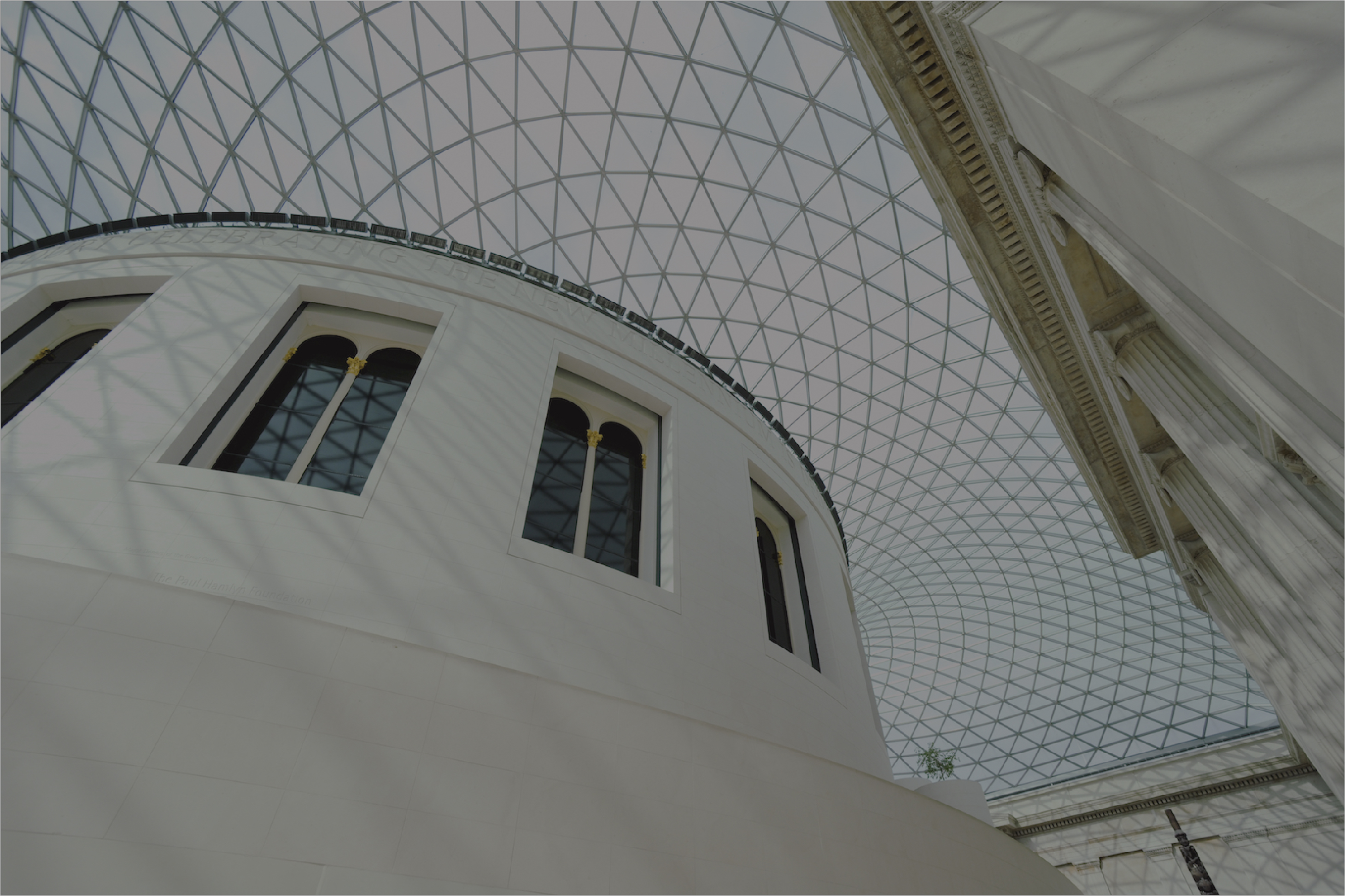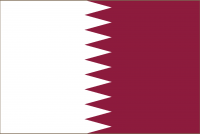The UK enjoys a healthy trading relationship with Qatar and British exports to Qatar have more than doubled in the last few years. Designated as one of UK Trade & Investment’s High Growth Markets Qatar has one of the highest rates of GDP per capita in the world and a high rate of economic growth.
Qatar’s economic diversification and investment in human capital in accordance with the Qatar Vision 2030 continue to generate opportunities for UK businesses across a wide range of sectors. Vision 2013 can be viewed here: www.gsdp.gov.qa/portal/page/portal/GSDP_Vision_Root/GSDP_EN/What%20We%20Do/QNV_2030
The State of Qatar is located on the east coast of the Arabian Peninsula, bordered by Saudi Arabia to the south. It has an area of 11,435 sq km (roughly half the size of Wales). Its capital city is Doha – other major towns are Ras Laffan, Al Khor, Mesaieed, Dukhan and Al Rayyan. Qatar’s population is 1.7 million according to the national census in 2010 (an increase of 128% since the last official census of 2004, when the population stood at 740,000). 76% of the population is male and 24% is female. Unofficial estimates are that round 80% of the population is comprised of expatriates (mostly other Arab, South and East Asian, European and American). Approximately 20% of the population are Qatari nationals. Qatar is an Arab nation with Islam as the official religion. Arabic is the official language but English is also widely used.
The main source of Qatar’s wealth is its vast reserves of oil and natural gas (it has the world’s 3rd largest natural gas reserves) which have made it one of the richest countries in the world. Prudent management of these natural resources has produced substantial fiscal surpluses that are being used to fund a diversification and development programme of investment in energy related industries, health, education, real estate and infrastructure both in Qatar itself and throughout the world.



